September 30 is the National Day for Truth and Reconciliation
The federal government has made September 30 an annual, federal statutory holiday to be marked as a National Day for Truth and Reconciliation to recognize the history and trauma of the residential school system.
While this new holiday is specifically a federal statutory holiday, impacting only those businesses which are federally regulated or are subject to the Canada Labour Code (see here for info on the employment law aspects of this new holiday), many businesses and organizations will be marking the day by closing, and providing employees time to reflect on our shared history as Canadians and consider our role in reconciliation going forward.
In BC, the province has stated that the public sector will be closing, including government offices, post-secondary institutions, and the public school system.
The Burnaby Board of Trade will be closing on September 30th in recognition of this day, and below are some resources curated to assist you in your own education and efforts towards truth and reconciliation both on September 30 and ongoing into the future:
Resources for September 30 Understanding and Reflection
Truth and Reconciliation Week presented by the National Centre for Truth and Reconciliation
A week of stories, short videos, cultural and artistic presentations and tributes to the victims of the residential school system. Register for Free > Schedule of Events >
The ‘Calls to Action’ of the Truth and Reconciliation Commission of Canada
Truth and Reconciliation Commission of Canada issued 94 recommended ‘calls to action’ in order to redress the legacy of residential schools and advance the process of Canadian reconciliation. Read the Calls to Action >
The Truth and Reconciliation Commission of Canada Reports
The Truth and Reconciliation Commission of Canada spent six years visiting all parts of Canada to hear from more than 6,500 witnesses to create a historical record of the residential school system. All Canadians are encouraged to read the reports to learn more about the history and sad legacy of the residential school system. Read the Final Report > Other Reports >
Interactive Map of Residential Schools in Canada
Understand the scale and scope of the residential school system with this map that shows the location, name and operating dates of many of Canada’s residential schools. See the map >
Guidebook to Indigenous History in Burnaby
An award-winning guide to understanding Burnaby’s indigenous history Download >
Courses and Training for You and Your Staff
Indigenous Awareness – Free Online Training from BCIT
This course promotes an increased understanding of Indigenous people and their place and space in Canada, past and present, through three modules which can be accessed for free online by anyone. More info >
Indigenous Canada – Free Online Course
The University of Alberta offers Indigenous Canada, a Massive Open Online Course (MOOC) from the Faculty of Native Studies, that explores Indigenous histories and contemporary issues in Canada. The course can be taken for free online. More info >
Ongoing Tools and Resources
Social Procurement – Indigenous Business Directories
There is a growing consideration of the social value of corporate and government purchasing—referred to as social procurement – and the positive impacts it can have.
The National Indigenous Business Directory serves to increase visibility for Indigenous businesses across the country and, in turn, encourage supply chain opportunities. More info >
This federal online directory that allows the public and private sector to identify Indigenous businesses they wish to engage with, purchase from and support. More info >
Burnaby Guidelines for Indigenous Territory Acknowledgment
Tools to help you implement Indigenous territorial acknowledgements at your meetings and events in a culturally inclusive and appropriate way. Download >
A Guide to the Pronunciation of Indigenous Communities and Organizations
This guide contains aids to the pronunciation of many communities and organizations in BC and was created with input from First Nations and other Indigenous organizations, as well as from the First Peoples’ Cultural Council. Read more >
Native Land Digital – Map of Indigenous Territories, Treaties and Languages
Native Land Digital is a registered Canadian not-for-profit organization which strives to map Indigenous territories, treaties, and languages across the world to be used as a starting point for discussion and education. See the map >
Resources for Indigenous Peoples
24-Hour Residential School Crisis Line – Indian Residential School Survivors Society
Call 1-866-925-4419 to access the 24-hour crisis line for residential school survivors and others in need of support More Info >
Hope for Wellness Helpline and Online Chat Counseling Service
The Hope for Wellness Help Line offers immediate mental health counselling and crisis intervention to all Indigenous peoples across Canada. Call 1-855-242-3310 or connect with a counselor online >
Kuu-Us Crisis Line Society
This crisis line provides crisis services for Indigenous people across BC. The Adults/Elders line is 250-723-4050 and the Youth line is 250-723-2040. More info >
First Nations Health Authority
The FNHA plans, designs, manages and funds the delivery of First Nations health programs across BC, including the FNHA Health Benefits Program which provides status First Nations people living in BC with a health benefits plan. More info >
Guide to Indigenous Organizations & Services
The Guide to Indigenous Organizations and Services is a resource listing of Indigenous community-based services and organizations. More info >
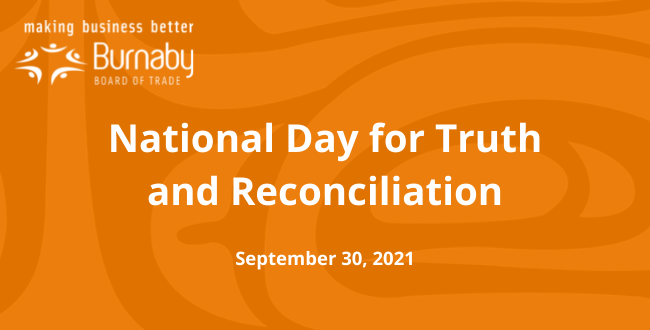




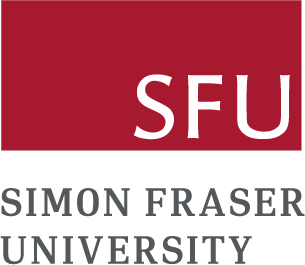
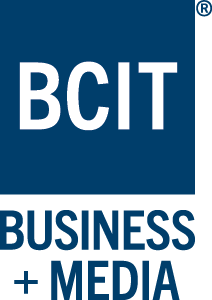


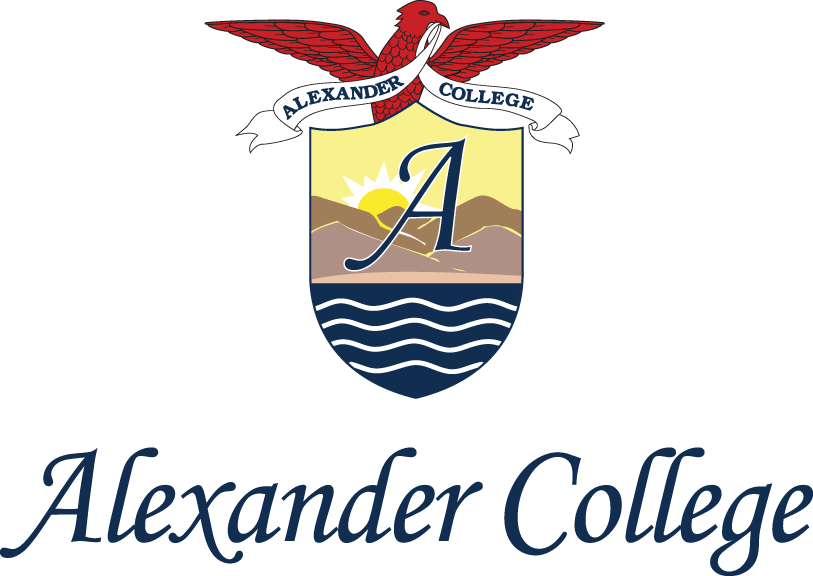


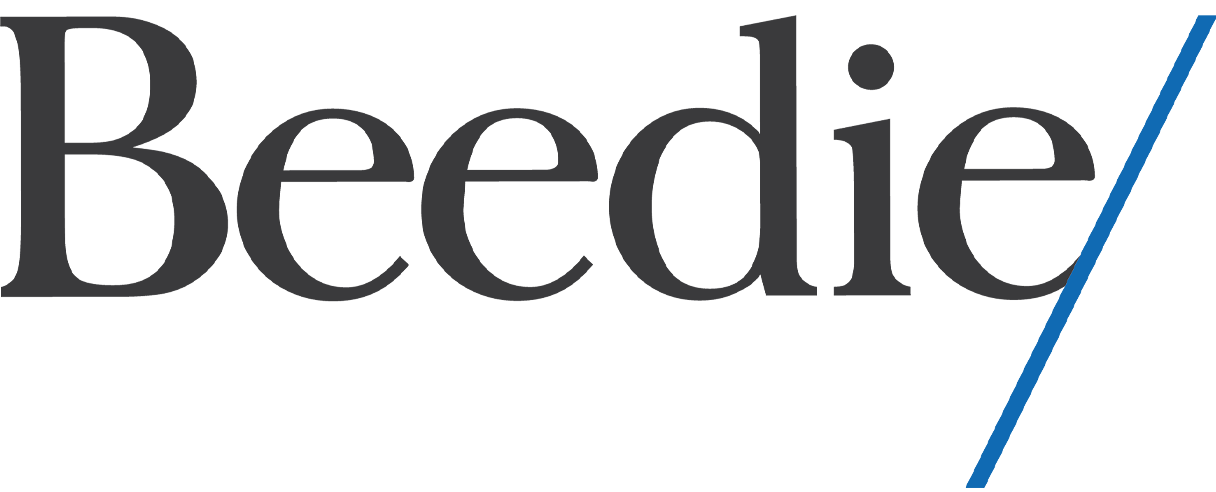

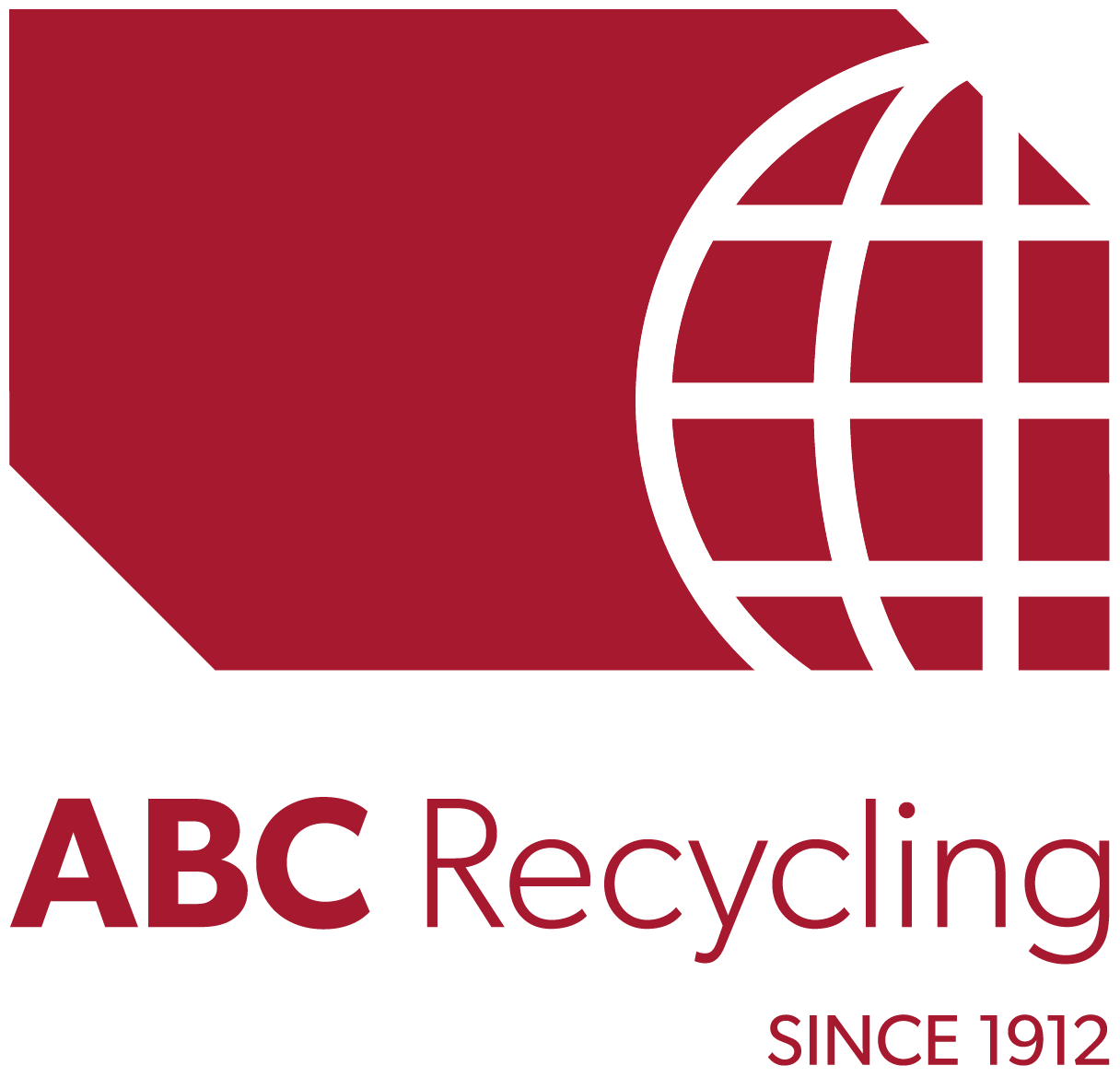
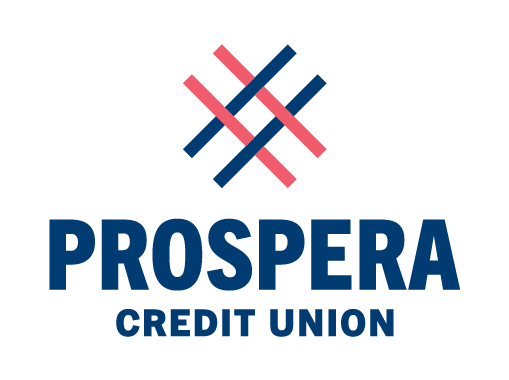
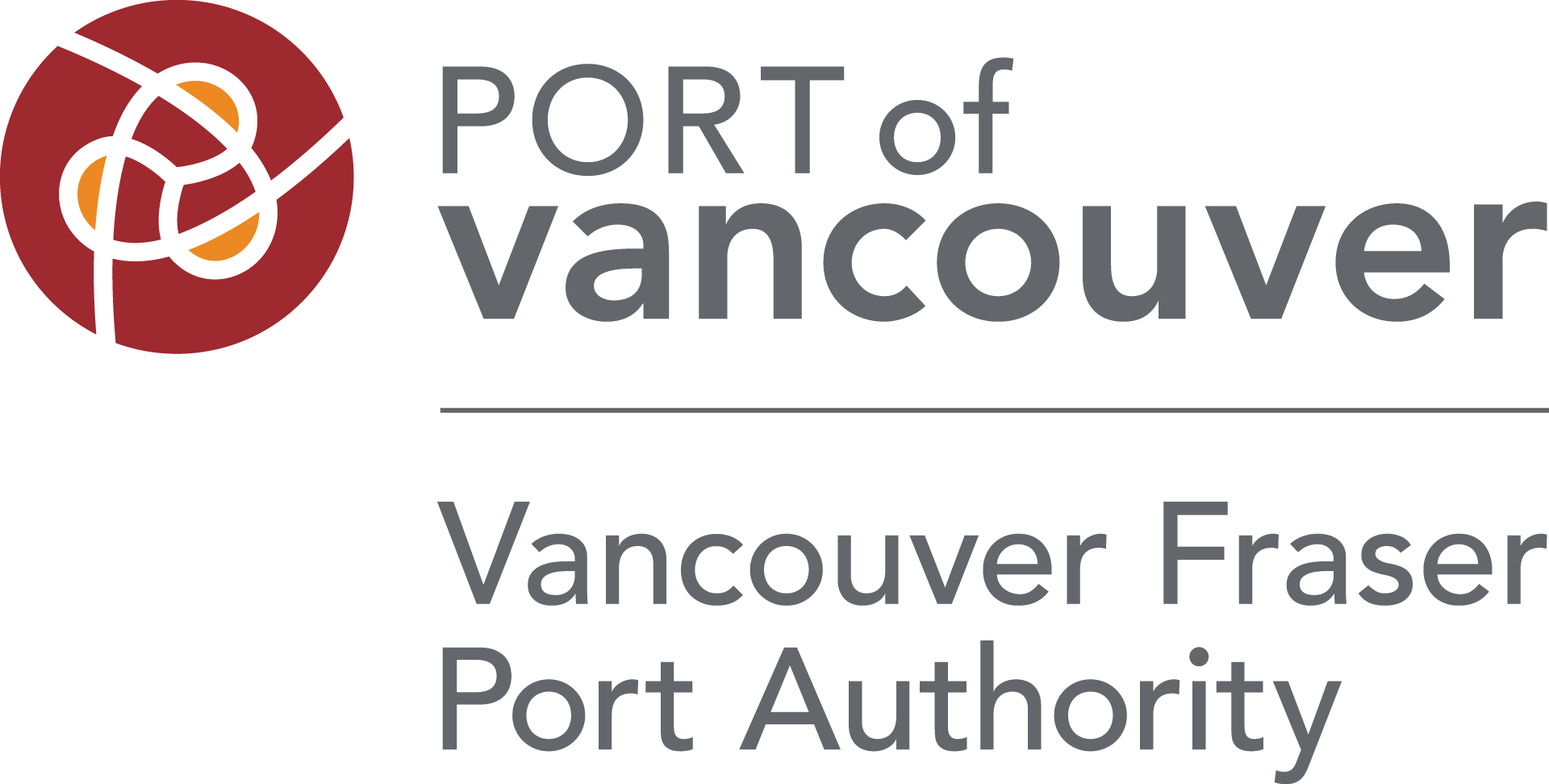
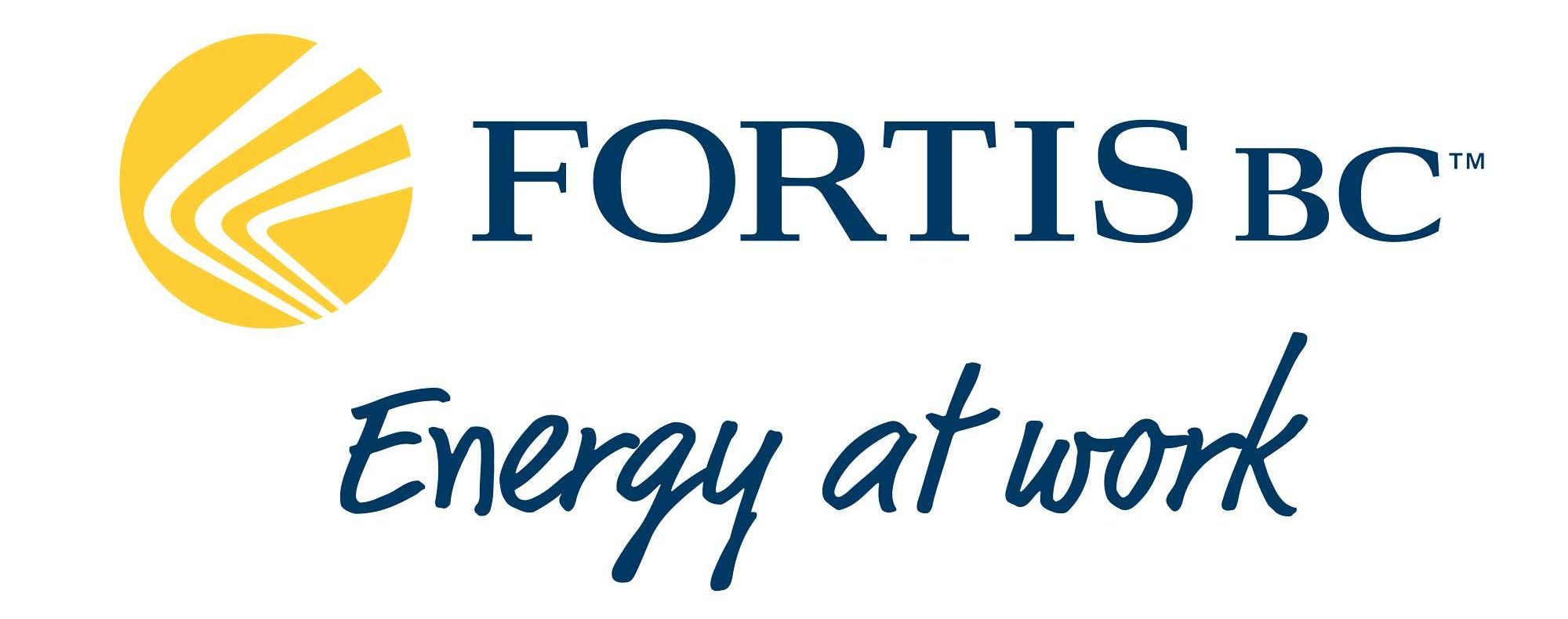
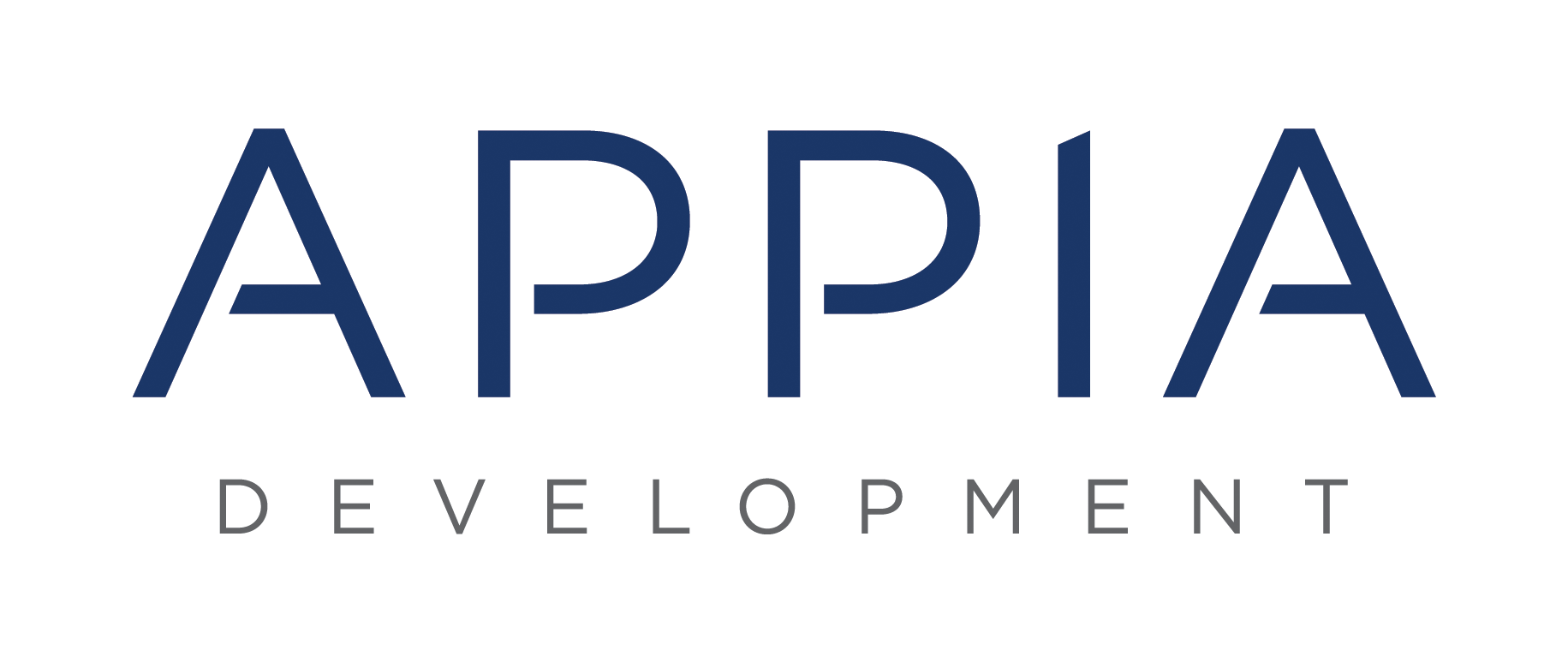
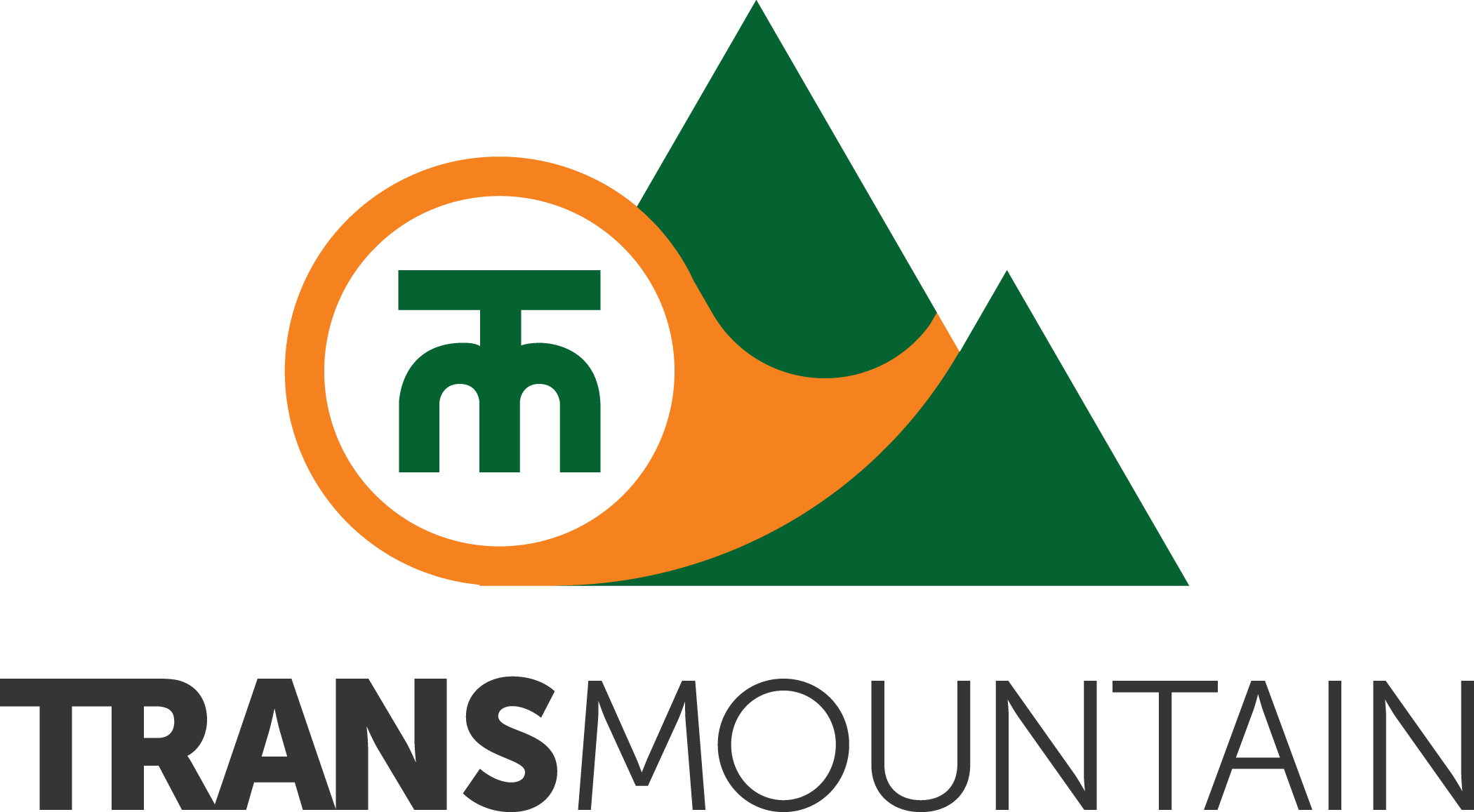
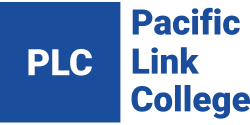
connect with us